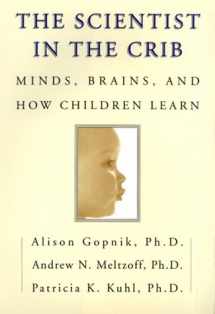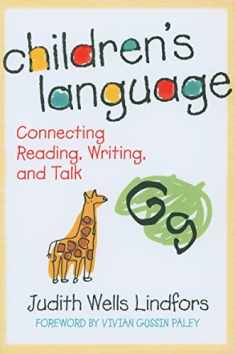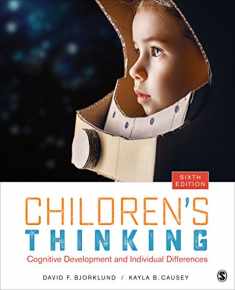
The Scientist in the Crib: Minds, Brains, And How Children Learn
Book details
Summary
Description
This book combines two worlds -- children and science -- in an entirely unique way that yields exciting discoveries about both. The authors show that by the time children are three, they've solved problems that stumped Socrates with an agility computers still can't match. The Scientist in the Crib explains just how, and how much, babies and young children know and learn, and how much parents naturally teach them. In fact, The Scientist in the Crib argues that evolution designed us to both teach and learn. Nurture is our nature, and the drive to learn is our most important instinct.
The new science of children also reveals insights about our adult capacities, helping to solve some ancient questions: How do we know there really is a world out there? How do we know that other people have minds like ours? It turns out that we find solutions to these problems when we are very small. But these astonishing capabilities don't disappear in later life, as the authors show in their engaging discussion of humans' potential for learning. In fact, they argue that even very young children -- as well as adults use some of the same methods that allow scientists to learn so much about the world.
Written by three top scientists -- themselves parents -- who conducted much of the pioneering research in this field, The Scientist in the Crib is vivid, lucid, and often funny. Filled with surprises at every turn, it gives us a new view of the inner life of children and the mysteries of the mind.


We would LOVE it if you could help us and other readers by reviewing the book
Book review





